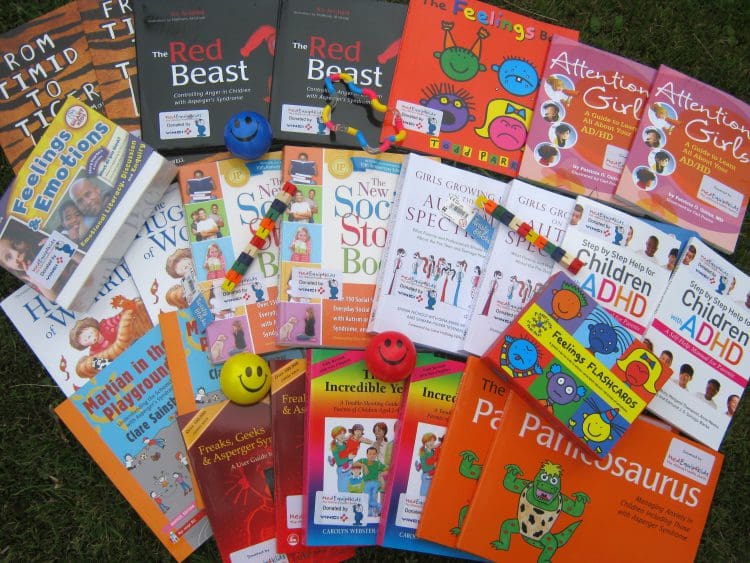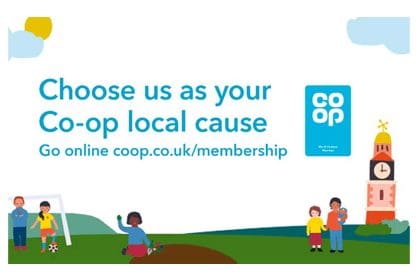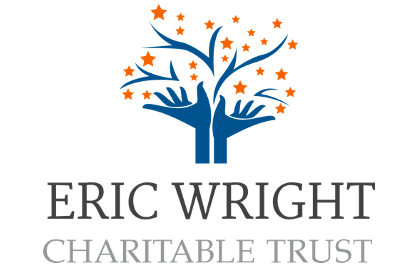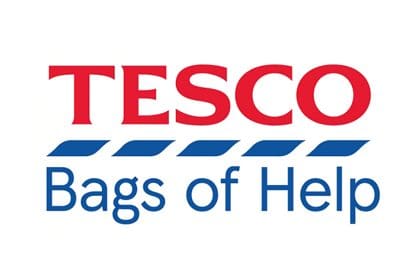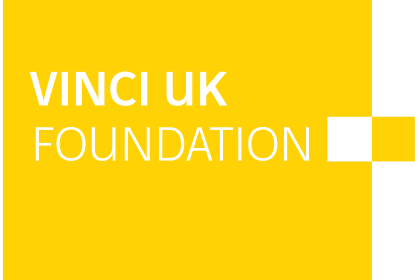North Manchester General Hospital cares for babies, children and adolescents with a variety of needs.
Sensory Voyager
The Neonatal unit admits a large number of term and pre term babies and, as a Level 2 unit, also accepts a number of babies born at 23 weeks and above from other hospitals. These babies often stay on the unit for up to 6 months and would benefit greatly from both a stimulating and calming sensory environment. The Sensory Voyager is a portable sensory studio which can be used to create a fantastic sensory space in any room. The equipment on the Voyager includes a waterless bubble tube, UV fibre optic strands and a projector wheel for lighting effects and images. There is colour control and an MP3 sound system to complete the sensory atmosphere. The system is lockable and has a dust cover for protection when not in use.
North Manchester General Hospital has requested a Sensory Voyager to calm and stimulate babies during their stay on the Neonatal Unit. The Sensory Voyager will benefit more than 526 babies a year, aiding their development and giving them and their carers a better experience during a stressful time.
The total cost of providing this equipment is £4340.50
Distraction Equipment
Paediatric Outpatients at North Manchester General Hospital is a busy department caring for a variety of patients aged 0 to 16 years. There is a treatment room and a number of clinic rooms that require upgrades to be more child friendly particularly for patients with special needs. Hospitals can be frightening places and when a child is anxious or distressed, it is harder for medical staff to treat them which can affect the child’s health and ability to recover.
The Sensory Voyager plus a variety of mobiles, activity centres and hand held sensory toys and games will enhance the facilities further and give the patients a better experience of hospital visits.
North Manchester General Hospital Children’s Outpatients has asked MedEquip4Kids to provide a Sensory Voyager and additional sensory equipment to relax and distract patients during their treatment. These items will benefit more than 2,500 children a year.

